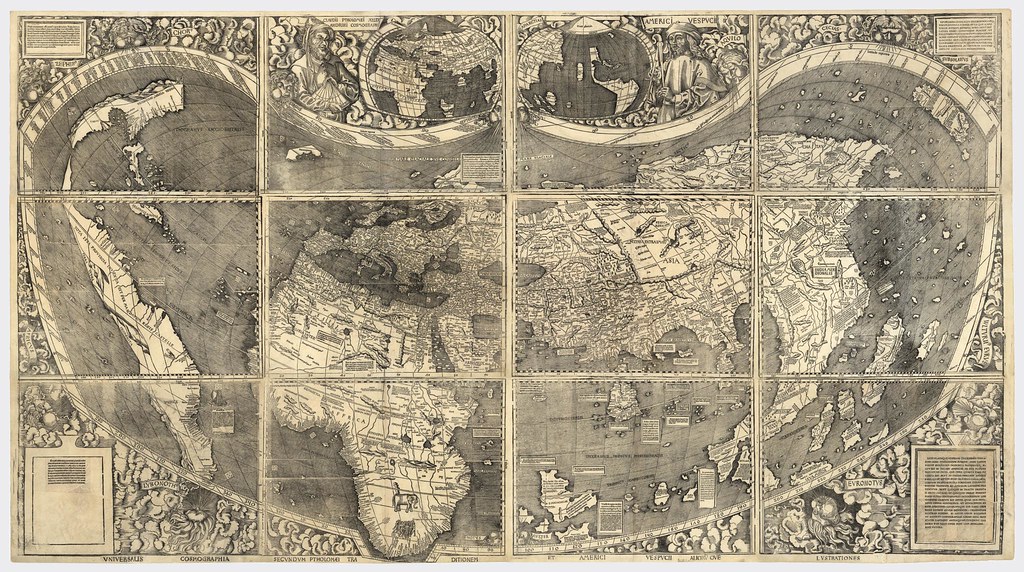Clay Shirky says more or less everything that needs to be said about why newspapers are in trouble and what might replace them in the future. He concludes:
In craigslist’s gradual shift from ‘interesting if minor’ to ‘essential and transformative’, there is one possible answer to the question “If the old model is broken, what will work in its place?” The answer is: Nothing will work, but everything might. Now is the time for experiments, lots and lots of experiments, each of which will seem as minor at launch as craigslist did, as Wikipedia did, as octavo volumes did.
[...]
Society doesn’t need newspapers. What we need is journalism. For a century, the imperatives to strengthen journalism and to strengthen newspapers have been so tightly wound as to be indistinguishable. That’s been a fine accident to have, but when that accident stops, as it is stopping before our eyes, we’re going to need lots of other ways to strengthen journalism instead.
When we shift our attention from ’save newspapers’ to ’save society’, the imperative changes from ‘preserve the current institutions’ to ‘do whatever works.’ And what works today isn’t the same as what used to work.
[...]
For the next few decades, journalism will be made up of overlapping special cases. Many of these models will rely on amateurs as researchers and writers. Many of these models will rely on sponsorship or grants or endowments instead of revenues. Many of these models will rely on excitable 14 year olds distributing the results. Many of these models will fail. No one experiment is going to replace what we are now losing with the demise of news on paper, but over time, the collection of new experiments that do work might give us the reporting we need.
As Shirky so astutely points out, the economic reality of newspaper publishing is shifting beneath the feet of the industry. Probably today's newspapers can't dance nimbly enough to save themselves. And that shouldn't worry us very much. It's just that one crucial function of newspapers--namely, reporting--remains a pillar of democratic society. We don't need to care who does it, but we need to care passionately that it gets done.

